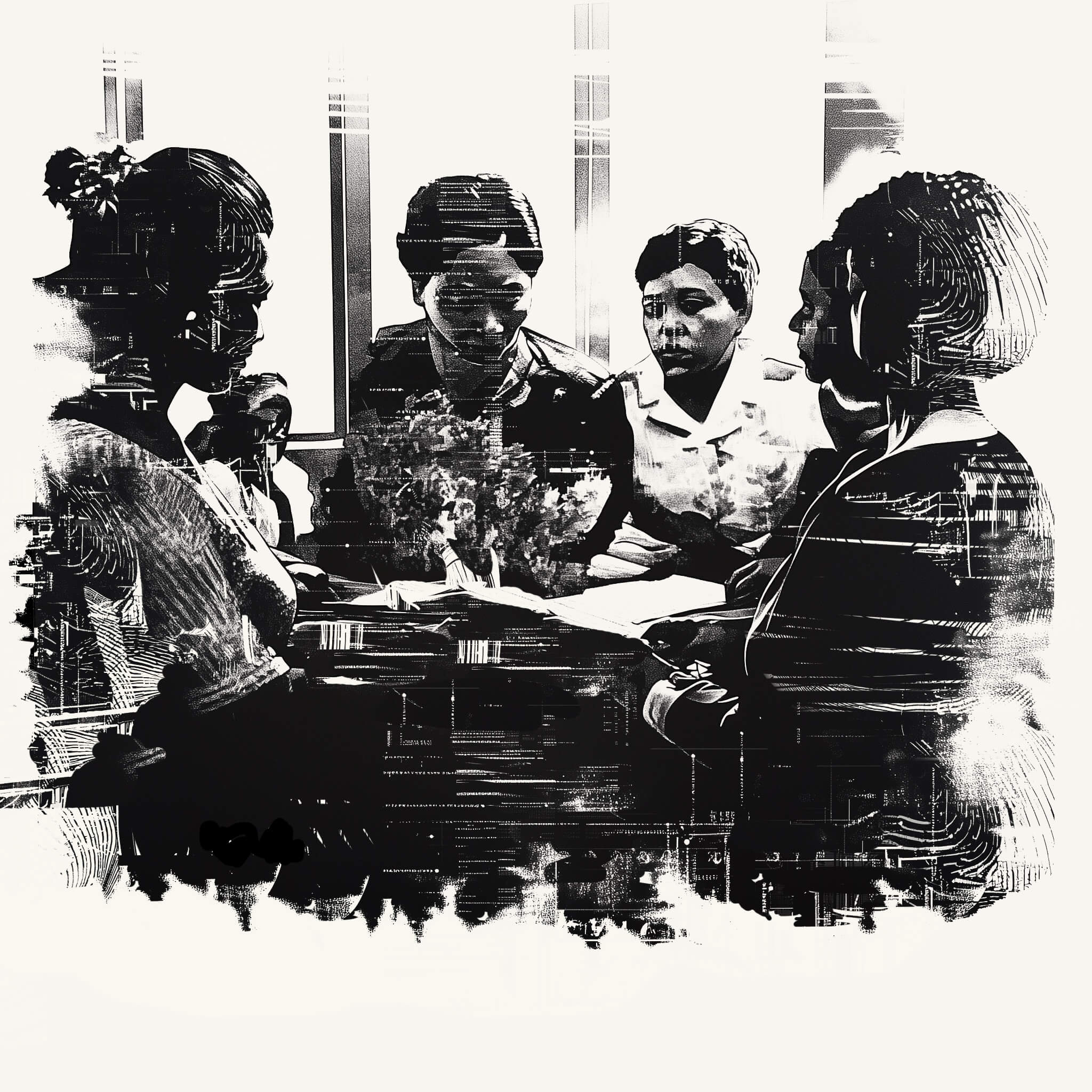Seeking safety after violence: How legal support shaped one woman’s refugee journey

When women on dependent visas experience violence, the path to safety is rarely straightforward. Language barriers, trauma, and unfamiliarity with the legal system can make it difficult to report abuse or apply for protection. With the right legal support, however, a different outcome is possible. This is Alsana’s story.
The Refugee Advice & Casework Service (RACS) has been assisting Alsana (a pseudonym) since 2019. As a South Asian woman who had experienced trauma since childhood, she was extremely vulnerable. She arrived in Australia without literacy or English language skills.
After divorcing her first husband in her home country due to experiences of domestic violence, Alsana was befriended by her former husband’s friend and eventually began a relationship with him. She later married this man and arrived in Australia in 2016 as his dependent. Tragically, she was once again subject to experiences of domestic and sexual violence, this time by her second husband.
When Alsana came to RACS, she was easily triggered, expressed suicidal ideation and suffered from significant stress and anxiety. RACS supported her to lodge a protection visa application and prepared her statement, working closely with her caseworkers.
Given her multiple vulnerabilities, RACS requested the Department finalise Alsana’s matter without an interview, in order to reduce the risk of retraumatisation. However, after certain inconsistencies came to light, the Department encouraged her to attend an interview to provide further information.
RACS helped her thoroughly prepare, focusing on building her confidence in the lead up to the appointment. RACS advised the Department in advance of the specific vulnerabilities that made it difficult for Alsana to recall dates or events clearly. A RACS lawyer also attended the interview with her in August 2023.
It took multiple follow ups before a decision was made. In October 2024, Alsana was granted a permanent protection visa. After all she had endured, she finally has stability and security in Australia. She expressed deep gratitude to RACS for the legal support provided throughout.
Alsana’s case reflects the challenges faced by many women who seek protection after experiencing violence. As it is, language barriers, trauma and a lack of familiarity with legal processes can complicate applications and delay decisions for people seeking asylum. The challenges are multiplied for women with additional vulnerabilities. In such cases, the presence of a specialist legal team can be even more critical. RACS’s trauma-informed approach allows lawyers to anticipate what will support or hinder a client’s ability to participate, and to remain engaged through the long timelines that protection matters often involve.
This work is part of RACS’s Women at Risk initiative, which provides specialised legal advice and representation to women and their children seeking asylum, particularly those who have experienced or are at risk of domestic, sexual or gender-based violence. Learn more about the Women at Risk initiative here: https://www.racs.org.au/women-at-risk.